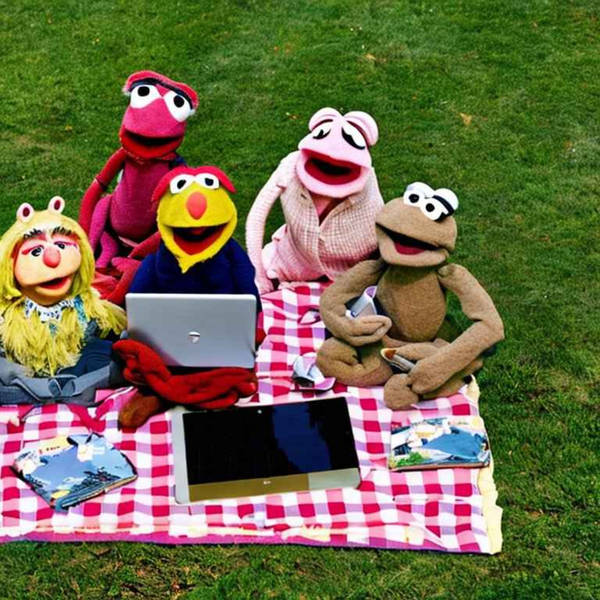
Brains, hormones and time - the invisible causes of better workplace culture
Are there forces at work that might impact the way work feels? Could we use those forces to make work better?
This discussion with Robin Dunbar and Tracey Camilleri took me to places I hadn't expected to go. That hormones, our brains and time would play a part in the relationships we forge at work isn't something that you would expect to find in a company's culture document, but as you'll hear today they forge a vital component of better team work.
Hormones are triggered by emotional interactions with other humans. Uniquely they only tend to work face-to-face. Hormones can help us build affinity with others in a powerful way that is often overlooked.
Brain-size impacts the connections we have with those people. At the core of human experience is our closest one (or two) relationships. There’s a small circle of 4 or 5 people who sit at the heart of our lives, and up to 15 who make up the majority of our time.
And that time is critical for the strength of those connections. We spent 40% of our time with our 5 closest relationships, and 60% with the top 15. By spending time we can become close friends with people in our lives.
The Social Brain by Tracey Camilleri, Samantha Rockey and Robin Dunbar is out now.
Become a member at https://plus.acast.com/s/eatsleepworkrepeat.
Hosted on Acast. See acast.com/privacy for more information.
